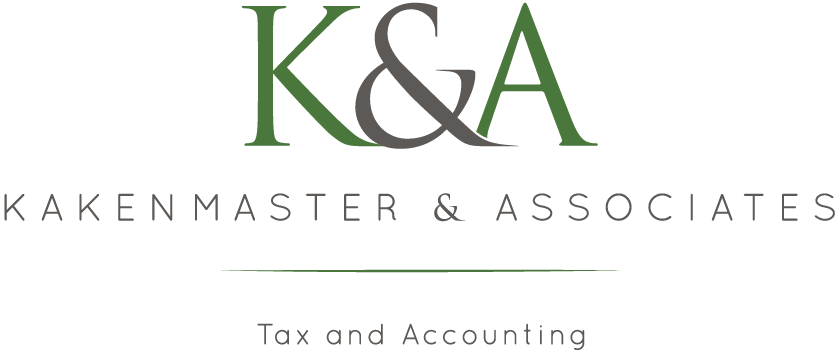If you are caring for an aging parent, there may be some eligible medical expenses that can be claimed on either your or your parent’s tax return. To claim this deduction, expenses must exceed the 7.5% threshold of adjusted gross income for either you or your parent. If you’ve paid for some of your parent’s medical expenses, these can also be combined with your medical expenses. Please note that there is a difference between medical expenses and custodial care. Custodial care expenses may include assistance with activities of daily living such as bathing, dressing, eating, and mobility, as well as room and board.
Below are some of the other medical expenses that may be eligible to deduct:
• Premiums for Medicare Part B and Part D, as well as supplemental insurance. Part A is not a medical expense unless you are not covered under Social Security.
• The cost of prescription drugs or insulin
• In-home medical equipment or mobility improvements required for medical care
• Transportation costs, such as mileage for travel to medical appointments
Qualified Long-Term Care Services
The IRS describes qualified long-term care services as necessary diagnostic, preventive, therapeutic, curing, treating, mitigating, rehabilitative services, and maintenance and personal care services required by a chronically ill individual, and a plan of care for the individual as prescribed by a licensed health care practitioner. Maintenance and personal care services is care which has as its primary purpose of providing a chronically ill individual with needed assistance with the individual’s disabilities (including protection from threats to health and safety due to severe cognitive impairment.)
In addition, if the person was chronically ill within the previous 12 months, a licensed health care practitioner must certify that they are unable to perform at least two activities of daily living (defined as eating, toileting, transferring, bathing, dressing, and continence) without substantial assistance from another individual for at least 90 days, due to a loss of function capacity; and the individual requires substantial supervision to be protected from threats to health and safety due to severe cognitive impairment.
Nursing Services
Regarding qualified nursing expenses, you can include wages and other amounts you pay for nursing services. According to the IRS, the services need not be performed by a nurse if the services are of a kind generally performed by a nurse. This includes services connected with caring for the patient’s condition, such as giving medication or changing dressings, as well as bathing and grooming the patient. These services can be provided in your home or another care facility. Generally, only the amount spent for nursing services is considered a medical expense. Keep in mind that performing household and personal services (i.e. dishes and laundry) is not considered a medical expense, and this portion of the wages cannot be included in the total. You can include the amount you pay for an attendant/caregiver’s food (divide the cost among the number of household members), extra rent if you moved to a larger apartment to accommodate an attendant/caregiver living at your home to care for your parent, as well extra utilities.
Employment taxes you pay for an attendant/caregiver are also considered a medical expense, such as Social Security tax, FUTA, Medicare tax, and state employment taxes you pay for an attendant who provides medical care. As mentioned above, you can only include as a medical expense the amount of employment taxes paid for medical services.
Nursing Home
If the principal reason for being in a nursing home, home for the aged, or similar institution is for medical care for yourself, your spouse, or dependents, this is considered a medical expense. This includes the cost of meals and lodging in the home if a principal reason is medical or nursing care, but not if the reason was personal.

